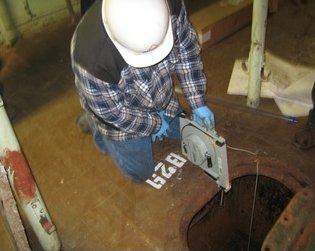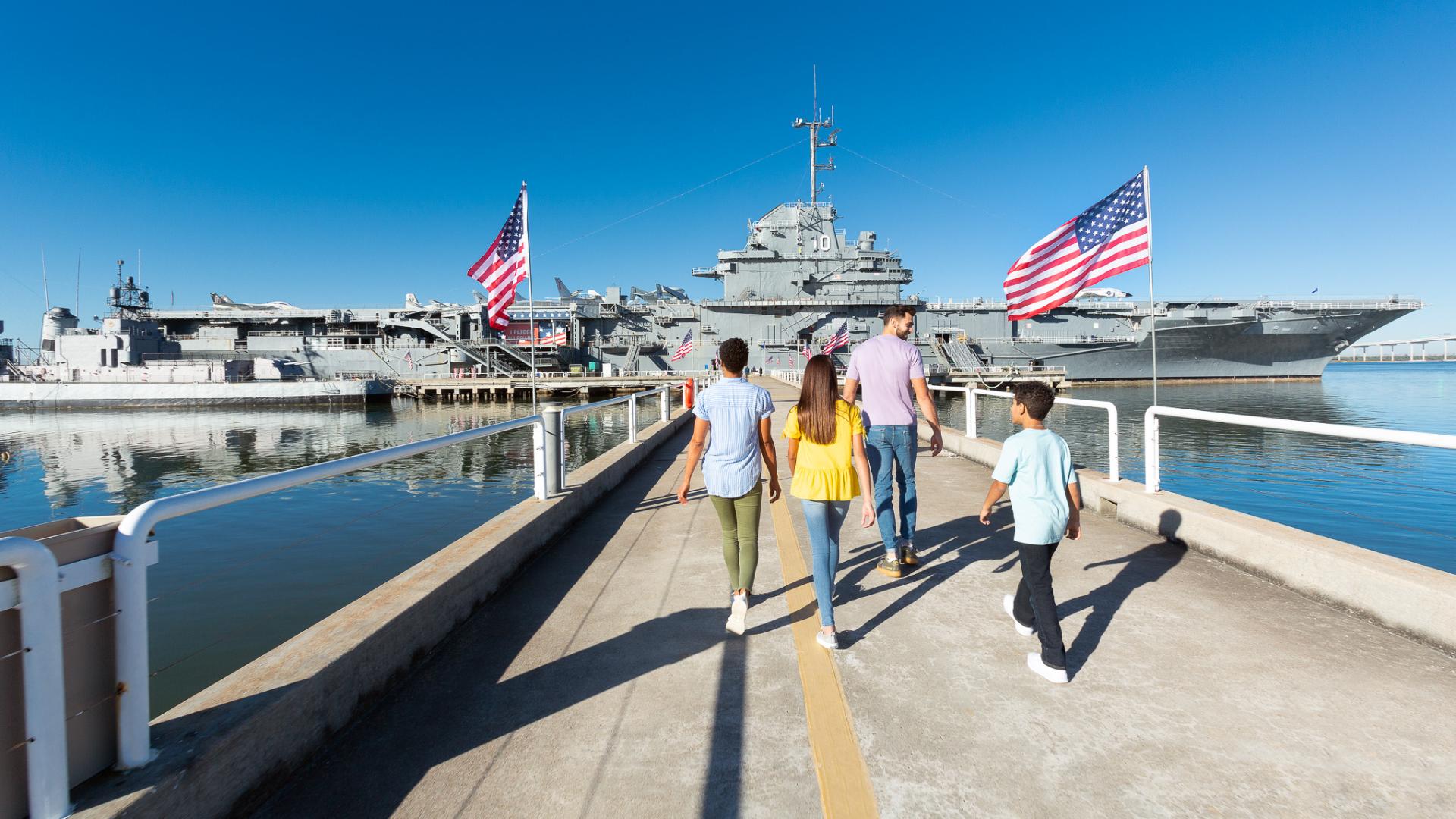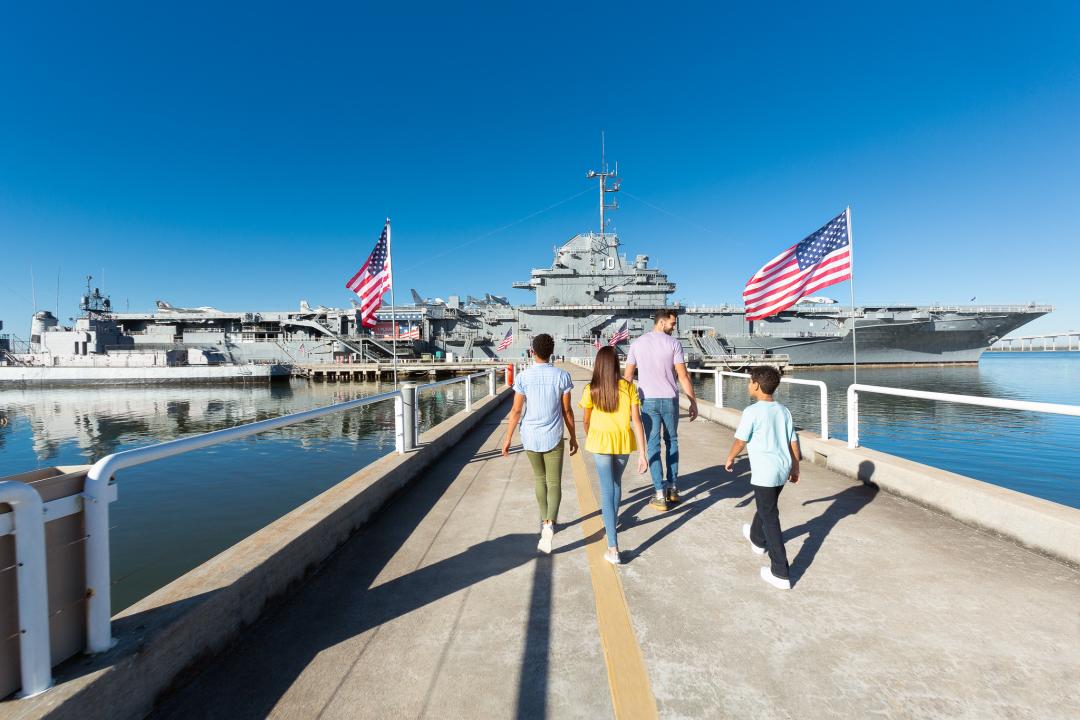
The Shaw Group began their work aboard the USS Yorktown in October of last year. Working closely with staff from Patriots Point Naval & Maritime Museum, their team accessed and surveyed 428 vessel tanks/compartments aboard the ship, as well as other non-structural tanks and systems.
Following the six-week survey, The Shaw Group found that 129 tanks contain petroleum residues, amounting to approximately 160,000 gallons of petroleum and 1.6 million gallons of impacted waters and all radiological devices are low-level, posing no immediate risk. Additionally, the study found few instances of polychlorinated biphenyl compounds (PCBs), and noted that their presence is expected in 70-year-old ships.
The study confirmed that the museum could need to spend as much as $4.4 million for remediation prior to conducting structural repairs to the Yorktown.
“This is a great first step toward the long-term restoration of the USS Yorktown,” said Patriots Point Executive Director Mac Burdette. “We’re glad to be able to report that The Shaw Group has found that none of the materials we’re talking about are in a location that could be harmful to our visitors.”
“If we use due diligence as we begin our restoration work, there is no risk to our employees and no imminent threat to the environment,” he continued. “Having said all that, it can’t sit there forever. We have had some preliminary discussions with Senator Graham and Senator Scott about how we might approach the United States Navy for assistance and mitigation.”
“There are many war ships that came out of the ‘mothball fleet’ to become museums during the 1970s,” Burdette added, noting that many of these museums are now facing similar challenges as related to the removal or mitigation of contaminants. “We absolutely intend to share the results of this study with other naval museums throughout the nation.”

